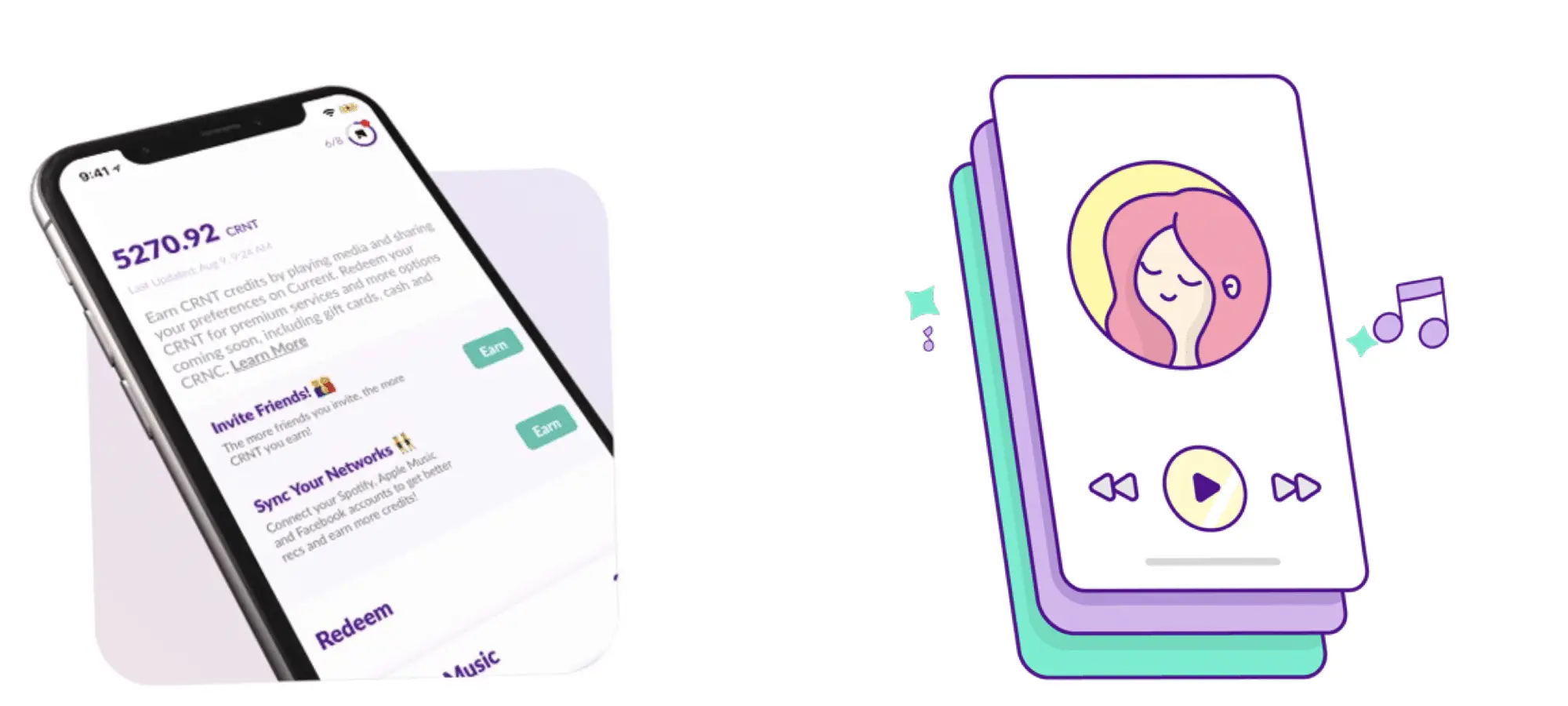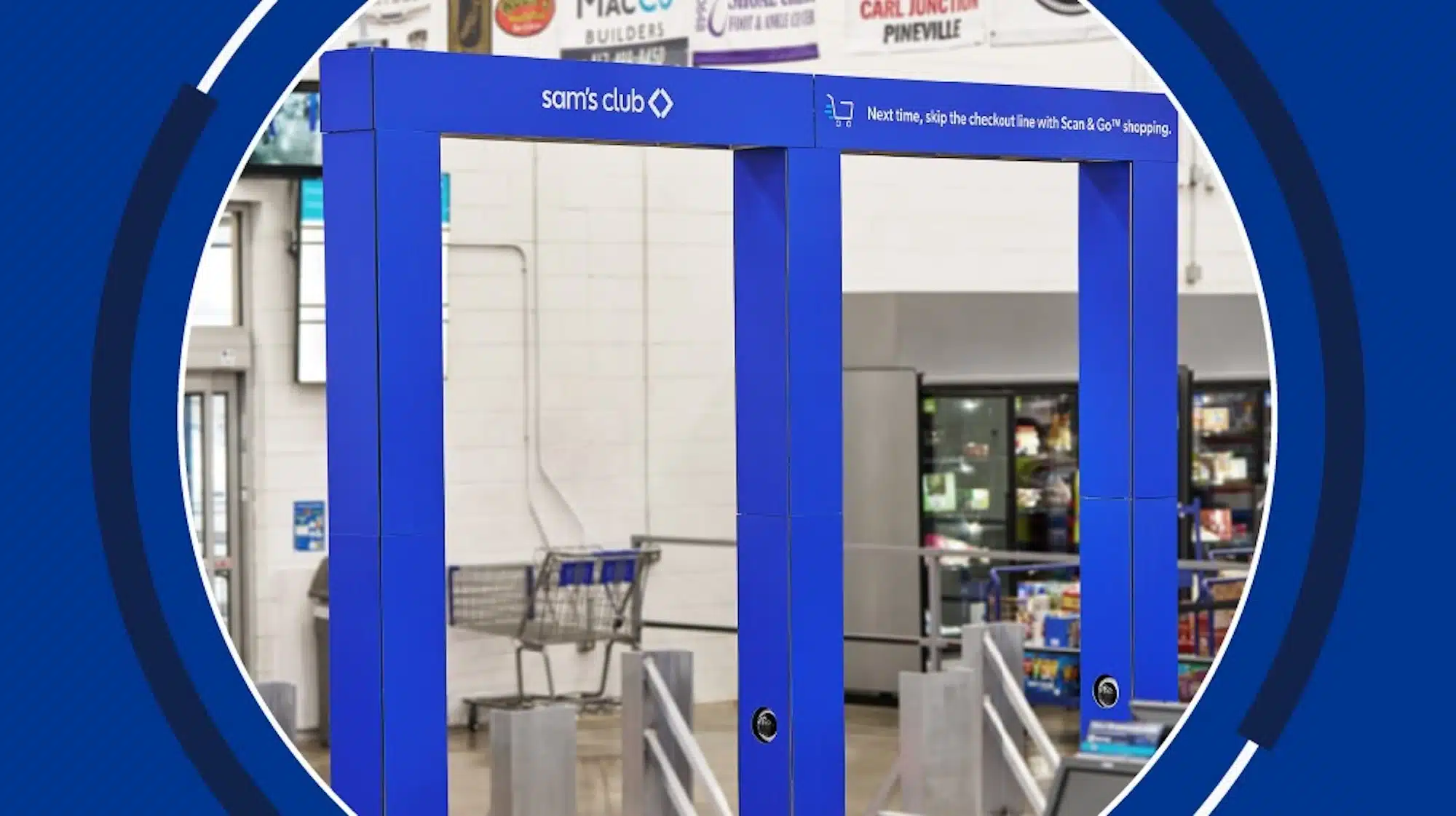
Quick Tips
Robinhood is Rolling Out IPO Access to Users
If you’ve ever happened to keep an eye on a company that was going public and then tried to buy shares for yourself once they did, you may have been in for a surprise. That’s because, while you may see reports about a company’s target price, that might not be the amount you actually pay once shares show up on various brokerage platforms. However, retail investors may soon have a better shot at getting IPO pricing now that another popular FinTech is set to add a new feature.
This week, Robinhood announced that it would soon be offering customers the chance to participate in initial public offerings and purchase shares at IPO prices. The aptly named IPO Access will allow users to request shares at their initial listing price range — although, due to the limited nature of these IPO stocks, requests won’t guarantee that traders will be able to snag the shares they seek. According to their blog post, this new feature will be rolling out to users “over the coming weeks.”
Robinhood’s announcement comes shortly after SoFi Invest made a remarkably similar announcement. As a long-time observer of both companies, this doesn’t surprise me in the slightest. This isn’t to say that Robinhood is always playing catch-up or that other companies haven’t taken a page or two from the firm — just that it’s been a bit of back and forth for a while now.
Comparing Robinhood’s IPO feature to SoFi’s, there do seem to be some similarities as well as a few differences. For one, in order to request IPO shares, SoFi customers must have at least $3,000 between their Invest accounts. Meanwhile, Robinhood makes no mention of a required account balance, instead writing that customers will have an “equal shot at shares regardless of order size or account value.” Elsewhere, while both companies retain policies regarding flipping — meaning buying IPO shares only to sell them shortly afterward — these rules are also a bit different from each other. With Robinhood, those who sell IPO shares within 30 days of the public offerings will be restricted from participating in other IPOs for 60 days. SoFi, on the other hand, is a bit stricter, issuing a 180 day IPO ban for the first flipping infraction. Furthermore, the firm says it may charge a $50 fee for IPO shares sold within 120 days.
Personally, I think this is good news all around. Although Robinhood has rightfully garnered some criticism this year, I must admit that they are still where the majority of my non-index fund and retirement account investments are held. Of course, if you have sworn off them, then there’s always SoFi’s IPO pricing feature to try instead. What’s more, I have to imagine that other trading apps are also working to bring similar offerings to their users. In other words, if you thought that the #Gamestonk rally was the height of the retail investor revolution, it might behoove you to think again.




